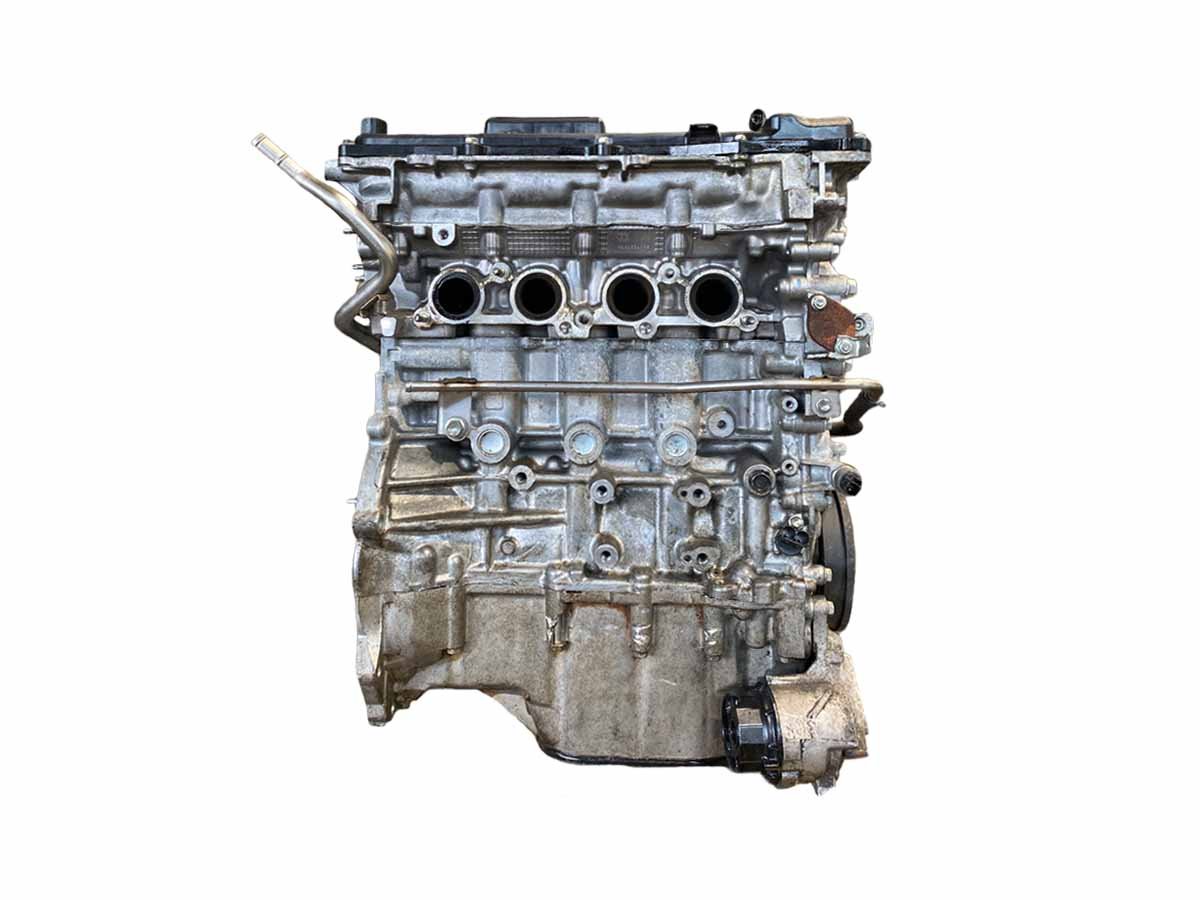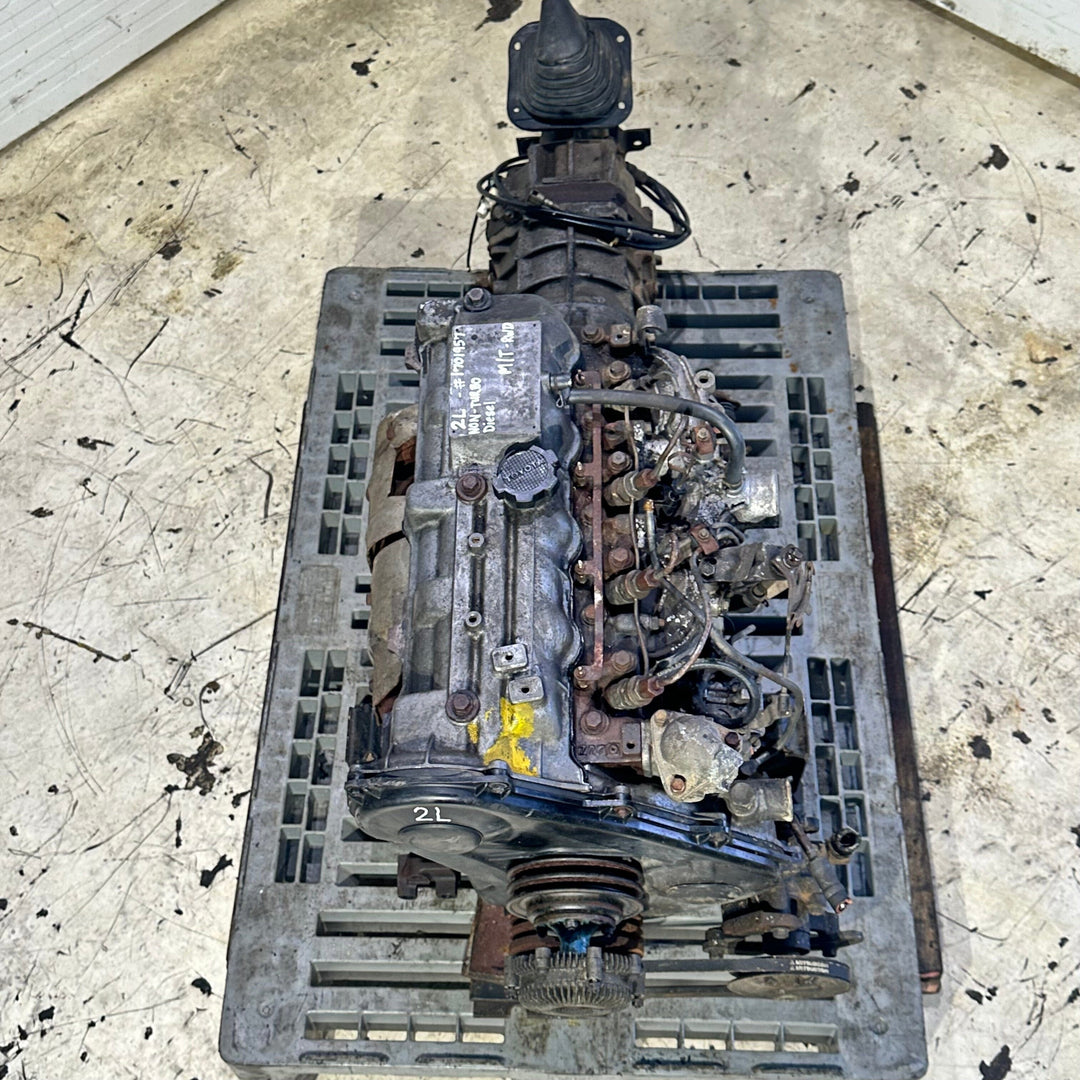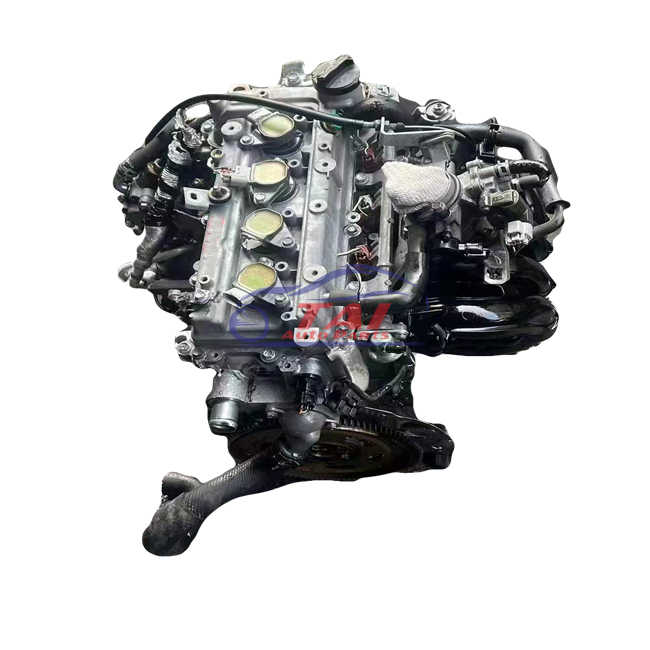Discover Just How the Toyota RunX RSI Excels in Efficiency and Comfort
Discover Just How the Toyota RunX RSI Excels in Efficiency and Comfort
Blog Article
Explore Top Quality and Worth: Your Overview to Purchasing a Previously Owned Engine
When considering the acquisition of a second-hand engine, comprehending the intricate balance in between quality and worth is paramount. A thorough examination of engine background, integrity, and condition is important to make certain a sound investment. By conducting correct inspections and study, prospective purchasers can browse the intricacies of the marketplace better. Nevertheless, the subtleties of guarantee choices and prices methods can considerably influence the overall decision-making procedure. As you ponder these variables, one inquiry remains: what specific elements will inevitably lead your option in this critical investment?
Recognizing Engine Kind
When thinking about the purchase of a pre-owned engine, understanding of the various engine kinds is essential for making an informed choice. Engines can normally be classified into two primary kinds: interior combustion engines and electrical engines. Interior combustion engines, that include fuel and diesel variations, depend on the burning of fuel to create power. Fuel engines are typically lighter and rev higher, making them appropriate for efficiency lorries, while diesel engines are renowned for their torque and gas effectiveness, commonly favored in durable applications.
On the other hand, electric engines make use of electrical energy kept in batteries to power the car, providing a cleaner option with less relocating components and minimized upkeep needs. Within these groups, there are better distinctions, such as four-stroke versus two-stroke internal burning engines, and various electric motor configurations.
Comprehending these distinctions is vital, as they impact performance, compatibility with existing vehicle systems, and long-lasting operational costs. By familiarizing oneself with the various types of engines available, possible buyers can much better examine their needs and choose that align with their automobile's demands and their personal preferences.

Evaluating Engine Problem
A detailed analysis of engine problem is extremely important for any person considering the purchase of a second-hand engine. Start with a visual inspection; look for indicators of oil leaks, rust, or any type of physical damages to the engine block. A clean engine is often indicative of great upkeep methods, while excessive grime may suggest disregard.
Following, examine the engine's components, consisting of the timing belt, gaskets, and seals. Look for wear and tear, as these parts can be costly to replace. Furthermore, analyze the engine installs, as damaged installs may lead to resonances and more mechanical concerns.
A compression test is vital to determine inner engine health and wellness. Uniform compression throughout all cylinders shows a well-maintained engine, whereas considerable discrepancies might aim to internal damage or wear.
Listening to the engine during a startup can offer valuable understandings; any unusual noises, such as rattling or knocking, may suggest much deeper concerns. If possible, request an examination run to review efficiency under tons. By thoroughly analyzing these elements, prospective buyers can make educated choices and secure a high quality pre-owned engine.
Monitoring Engine Background
Comprehending the engine's background is critical for making an educated acquisition. Understanding of previous usage, upkeep documents, and any kind of past problems can dramatically influence the engine's dependability and durability. Begin by asking for the automobile recognition number (VIN) or engine identification number, which enables you to map the engine's background.
Use readily available resources, such as Carfax or AutoCheck, to get an automobile history report. This record will certainly offer important understandings, including crash history, solution records, and previous ownership information. Toyota RunX RSI. Pay particular interest to any type of signs of serious find more info damage or repeated repair work, which may show underlying issues
Inquire regarding upkeep routines executed on the engine. Routine oil modifications, timing belt substitutes, and various other precautionary procedures show liable possession. In addition, ask if the engine has actually undergone any modifications, as non-standard alterations can influence efficiency and compatibility with your vehicle.
Last but not least, if feasible, seek confirmation from a trusted technician that can official source analyze the engine's condition based upon its history (Toyota RunX RSI). This detailed investigation will certainly aid you make certain and avoid potential mistakes that your financial investment is sound and worthwhile
Warranty and Return Policies
Purchasing a pre-owned engine typically comes with differing service warranty and return policies that can substantially affect your choice. When thinking about an utilized engine, it is important to completely evaluate the warranty alternatives provided by the vendor. Some vendors may use restricted guarantees that cover particular components for a specified duration, while others may supply even more detailed coverage. Comprehending the terms and problems connected to these service warranties is crucial, as they can influence the long-term worth and dependability of your acquisition.

Moreover, read this reliable sellers frequently supply documents that outlines the service warranty and return procedure, ensuring transparency. Always request for this information prior to settling your acquisition. A well-defined service warranty and return policy can supply comfort and protect your financial investment, making it an integral component of the decision-making process when getting a used engine.
Discovering the most effective Bargains
When seeking the best bargains on a second-hand engine, it is important to perform complete research and contrast rates from various vendors. Beginning by checking out on the internet industries, automotive forums, and regional salvage yards to gather a thorough understanding of the market. Utilizing cost comparison devices can improve this process, highlighting affordable prices throughout different platforms.

Take into consideration timing your purchase strategically. Seasonal changes sought after can impact prices, with particular times of the year offering much better deals. Additionally, be open to bargaining costs; lots of sellers might agree to decrease their asking rate, especially if the engine has actually been noted for an extensive duration.
Conclusion
In summary, purchasing a used engine demands a detailed evaluation of top quality and worth. Assessing engine condition via inspections and examinations, validating its history, and understanding service warranty and return policies are crucial steps.
When considering the acquisition of a used engine, comprehension of the various engine kinds is important for making an informed choice. Engines can usually be classified right into two primary kinds: interior combustion engines and electric engines. Gas engines are normally lighter and rev higher, making them suitable for performance cars, while diesel engines are renowned for their torque and fuel effectiveness, typically preferred in sturdy applications.
A complete examination of engine condition is extremely important for any individual taking into consideration the purchase of a second-hand engine. Begin by asking for the car identification number (VIN) or engine serial number, which permits you to trace the engine's background.
Report this page